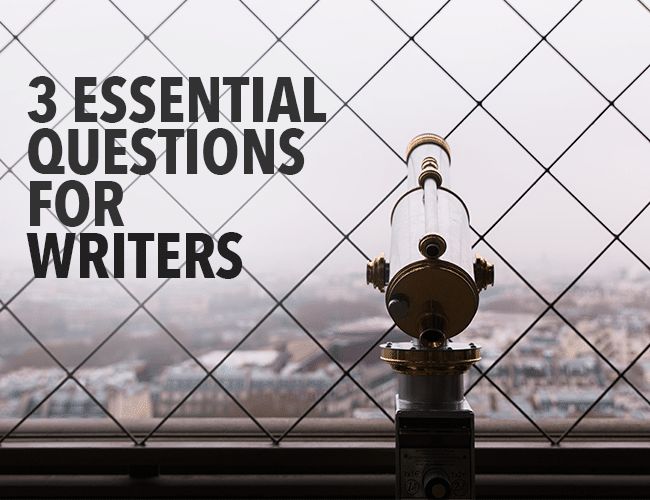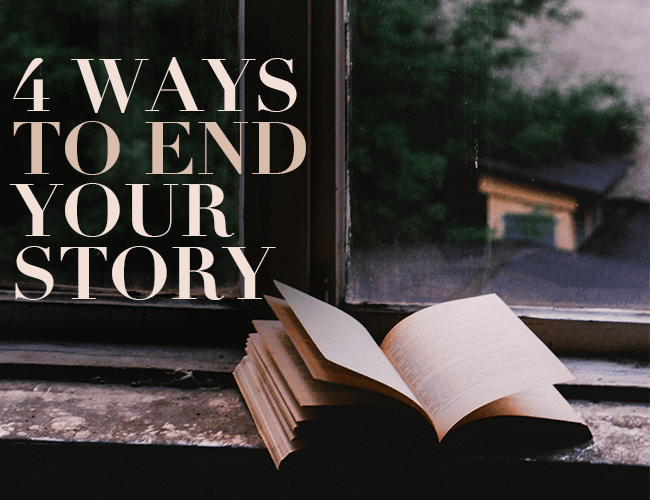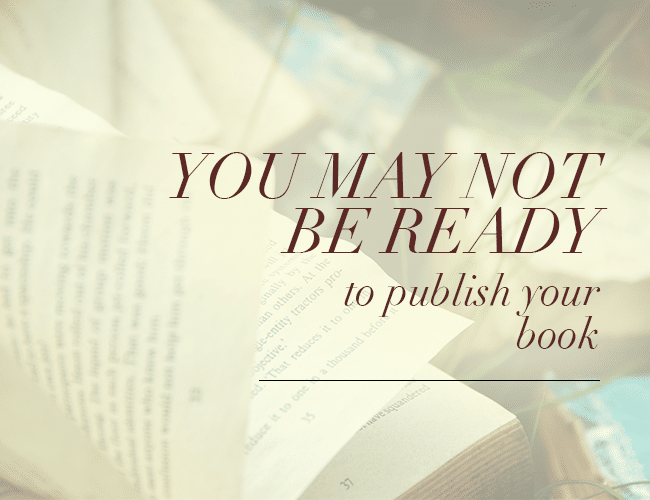The opportunity to offer criticism comes with undeserved power. As a critic, we put ourselves above the artist, providing our authoritative opinion on the artists work. The thing is, that’s not what every writer needs to hear.

At The Write Practice, we publish a new article each day designed to help writers tackle one part of their writing journey, from generating ideas to grammar to writing and publishing your first book. Each article has a short practice exercise at the end to help you immediately put your learning to use.
Check out the latest articles below or find ones that match your interest in the sidebar.
And make sure to subscribe to get a weekly digest of our latest posts, along with our free guide, 10 Steps to Become a Writer.

The opportunity to offer criticism comes with undeserved power. As a critic, we put ourselves above the artist, providing our authoritative opinion on the artists work. The thing is, that’s not what every writer needs to hear.

Greetings, fellow writers. I’m tackling something deeply important today: three questions you must answer if you call yourself a writer.

Will you be chasing it?
Today is the first time in nearly 40 years that a total solar eclipse will be visible from mainland United States. In other words, the moon will briefly block the sun in the middle of the day and Americans may actually be able to see it (with special glasses).

Endings are hard. Nobody likes to say goodbye, and saying goodbye in a story is especially hard. The pressure is on to get that last part just right. When there are so many possibilities for a conclusion, how do you know which one is right for your story?

Over the weekend, I was working on a book project. I’ve been working on it for almost a year and desperately need to finish it. But when I sat down to work on it, suddenly everything became more interesting than the writing on the screen in front of me.
I stared at the wood table for too long, before picking up my phone and texting back everyone I hadn’t in the last six months. I stared out the window, got a refill on my coffee, and then finally wrote maybe thirty words.

In June, we hosted the Summer Writing Contest in partnership with JBD Entertainment and Short Fiction Break literary magazine. Entering a writing contest is a huge accomplishment. You took on the challenge of writing a story and sharing it boldly with the judges. Whether your story won or not, that’s worth celebrating!
And now, drumroll, please, as we announce the winners . . .

Looking for an opportunity to reveal a character’s true feelings? Need a place where a character can realistically tell the world how they feel in a monologue? Want to give characters an opportunity to discuss what is coming next in your plot?
Funerals provide an excellent setting for all these moments and more.

I’m working through a revision, and one of my main problems is the protagonist. My editor and a beta reader both suggested amping up her emotional appeal, leaving comments such as, “I’m not invested in this character yet” and “I want to care about her, but I don’t in this scene.” Ouch. I’ve created a bland character.
So amping up emotional appeal. Is there a lipstick for that? How do I amp up emotional appeal?

All around us, kids and teachers are headed back to school. The weather hasn’t cooled down yet, but we’re already dreaming of crunchy fall leaves and cozy sweaters. It’s the perfect season for a new writing contest!

That’s a touchy statement, isn’t it? Before you light me on fire for typing it, give me the chance to explain. There are two aspects to being ready to publish your book: preparing your book and preparing yourself.